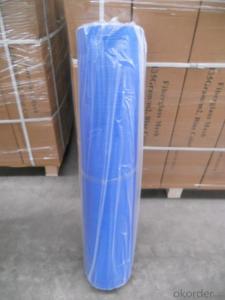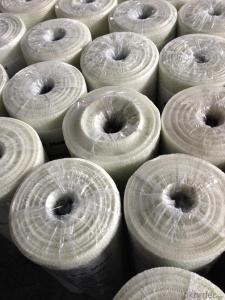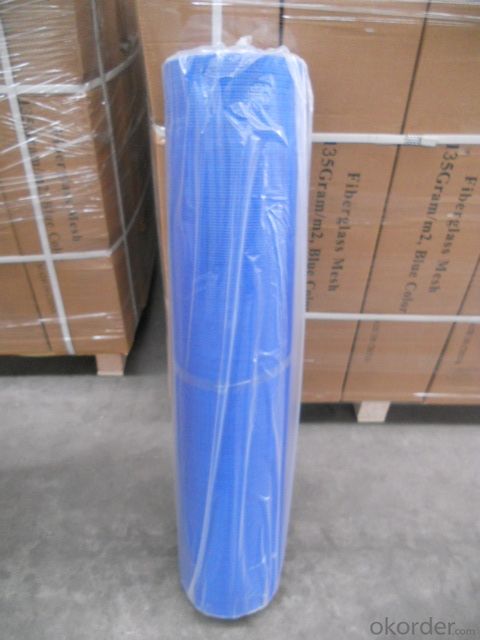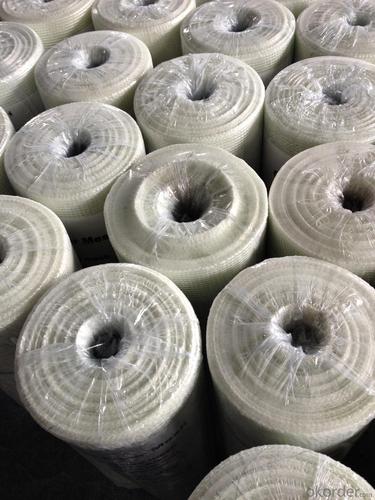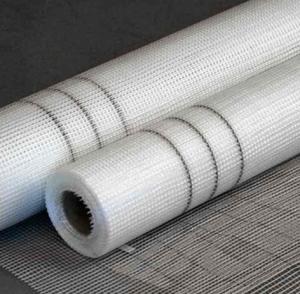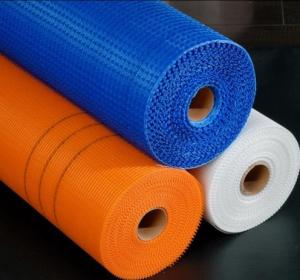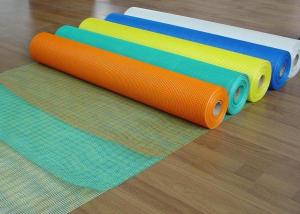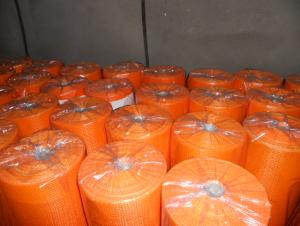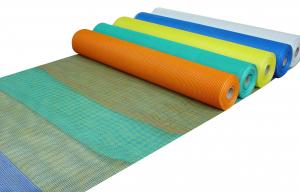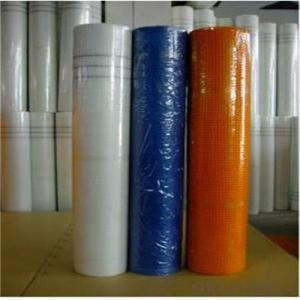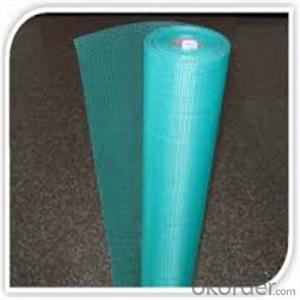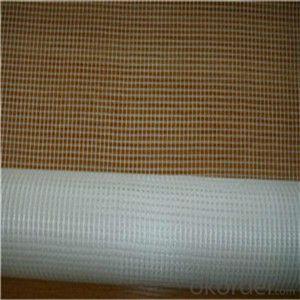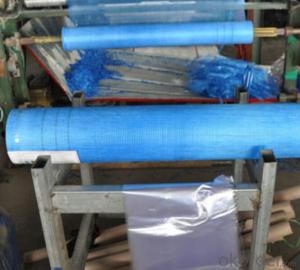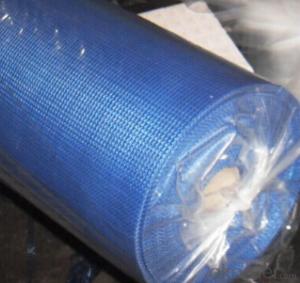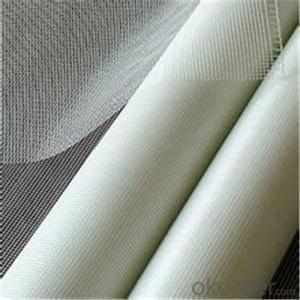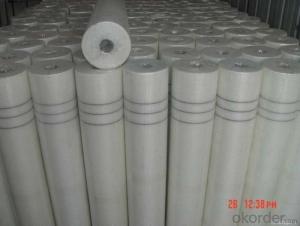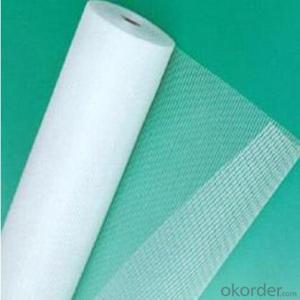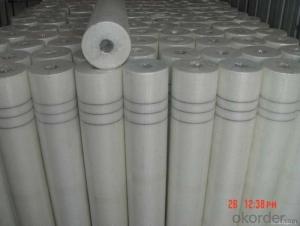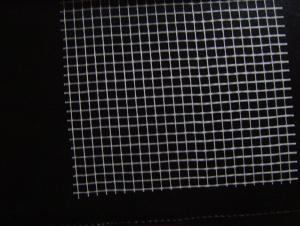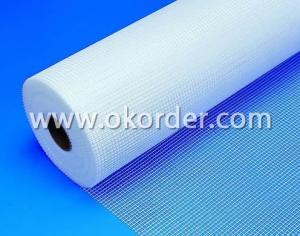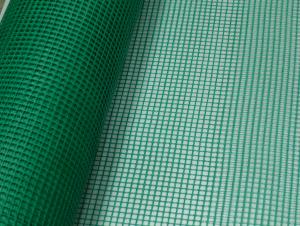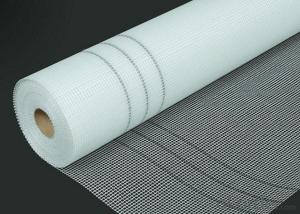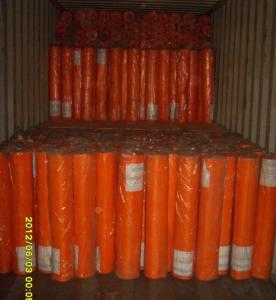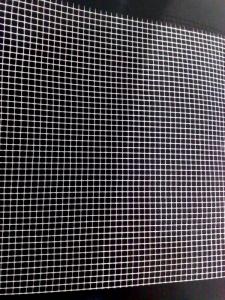Fiberglass Mesh, 6*6 Inch, 135gr/m2, Soft Glass Fiber Mesh
- Loading Port:
- Qingdao
- Payment Terms:
- TT OR LC
- Min Order Qty:
- 5000 m²
- Supply Capability:
- 6000000 m²/month
OKorder Service Pledge
OKorder Financial Service
You Might Also Like
Product Description:
Quick Details of Glass Fiber Mesh, 6*6/Inch, 135gr/m2, Soft
FOB Price of Glass Fiber Mesh, 6*6/Inch, 135gr/m2, Soft US $0.26 / Square Meter
MOQ of Glass Fiber Mesh, 6*6/Inch, 135gr/m2, Soft: 5000 Square Meters
Supply Ability of Glass Fiber Mesh, 6*6/Inch, 135gr/m2, Soft: 6000000 Square Meters per Month
Payment Terms of Glass Fiber Mesh, 6*6/Inch, 135gr/m2, Soft: L/C,T/T
Glass Fiber Mesh, 6*6/Inch, 135gr/m2, Soft
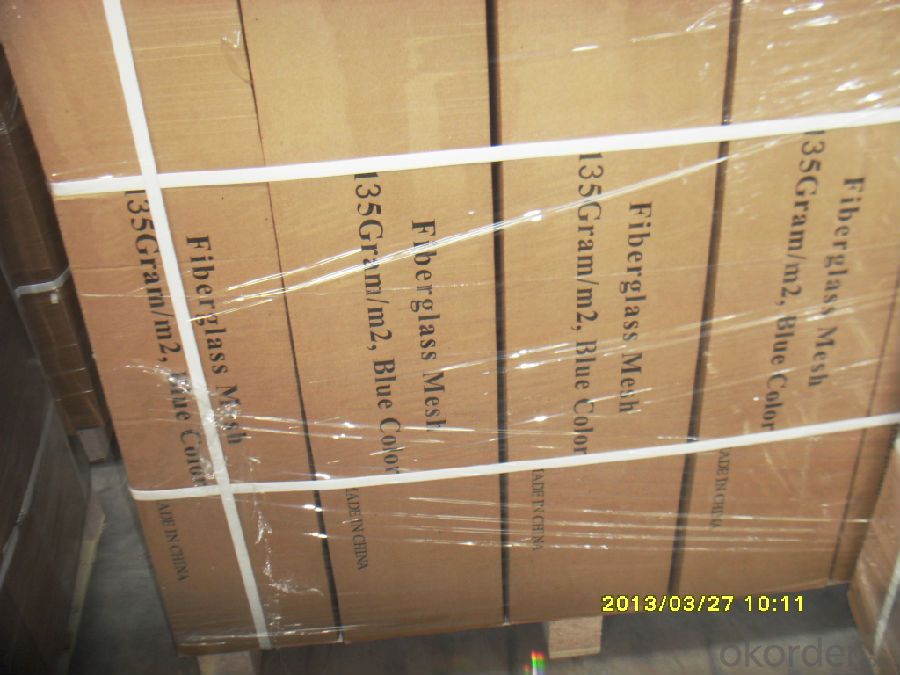
Specifications of Glass Fiber Mesh, 6*6/Inch, 135gr/m2, Soft
Glass Fiber Mesh, 6*6/Inch, 135gr/m2, Soft Place of Origin: China (Mainland)
Glass Fiber Mesh, 6*6/Inch, 135gr/m2, Soft Brand Name: CMAX
Glass Fiber Mesh, 6*6/Inch, 135gr/m2, Soft Application: Wall Materials
Glass Fiber Mesh, 6*6/Inch, 135gr/m2, Soft Width: 1M-2M
Glass Fiber Mesh, 6*6/Inch, 135gr/m2, Soft Size: 5*5/ INCH
Glass Fiber Mesh, 6*6/Inch, 135gr/m2, Soft Weight: 40gsm to 200gsm
Glass Fiber Mesh, 6*6/Inch, 135gr/m2, Soft Weave Type: Plain Woven
Glass Fiber Mesh, 6*6/Inch, 135gr/m2, Soft Yarn Type: C-Glass
Glass Fiber Mesh, 6*6/Inch, 135gr/m2, Soft Alkali Content: Medium
Glass Fiber Mesh, 6*6/Inch, 135gr/m2, Soft Standing Temperature: 500℃
Product information of Glass Fiber Mesh, 6*6/Inch, 135gr/m2, Soft
Name: Glass Fiber Mesh, 6*6/Inch, 135gr/m2, Soft
Use best fiberglass yarn and best glue
Clear and beautiful Glass Fiber Mesh, 6*6/Inch, 135gr/m2, Soft
High strength Glass Fiber Mesh, 6*6/Inch, 135gr/m2, Soft
30 years experience of manufacturing Glass Fiber Mesh, 6*6/Inch, 135gr/m2, Soft
Excellent Priced Glass Fiber Mesh, 6*6/Inch, 135gr/m2, Soft
FAQ of Glass Fiber Mesh, 6*6/Inch, 135gr/m2, Soft
Q: What is Glass Fiber Mesh, 6*6/Inch, 135gr/m2, Soft?
Coated Alkali-resistant Glass Fiber Mesh, 6*6/Inch, 135gr/m2, Soft is based on C-glass or E-glass woven cloth and treated by alkali-resistance copolymer resin on the surface. The woven cloth is made of fiberglass yarn or roving by means of leno or plain weave. The diameter of elementary fiberglass varies between 9 and 15 micron.
Q: What is the specification of Glass Fiber Mesh, 6*6/Inch, 135gr/m2, Soft?
Weight: 135g Width: 0.2M--2M
Length: 20m, 50m, 100m
Q: What is the application of Glass Fiber Mesh, 6*6/Inch, 135gr/m2, Soft?
External thermo insulating composite System (ETICS) & External insulating finish system (EIFS)
External and internal plaster reinforcement
Electrical heating mats
Marble slab reinforcement / Mosaic carrier
Asphalt reinforcement (roof water-proof)
Reinforced lightweight construction boards
Q: What is the storage of Glass Fiber Mesh, 6*6/Inch, 135gr/m2, Soft?
Store rolls in a cool, dry location
Store away from the direct contact with ground or concrete
Store out of direct sunlight
Protect rolls from weather and other damage
Q: What is the guarantee period of Fiberglass Mesh Cloth, 2.5mm*2.5mm, 45g/m2?
Four years under normal weather conditions and use .
Q: What is the package of Glass Fiber Mesh, 6*6/Inch, 135gr/m2, Soft?
Package: rolls are packed into cartons or pallets.
Packing volumes: 30000m2/40HQ.
Q: Wow long about the production periods of Glass Fiber Mesh, 6*6/Inch, 135gr/m2, Soft?
Production periods: 30days for 1X40HQ.
- Q: When does aerated concrete block wall need to be pasted with fiberglass mesh?
- Under normal circumstances, polystyrene?board external wall thermal insulation need to paste fiberglass mesh.
- Q: What steps should be taken to make wall fiberglass mesh?
- 1. Wall should be kept clean and dry. 2. Paste mesh at cracks and press tightly. 3. Confirm the gap has been covered by mesh, then cut useless mesh with a knife, the last step is to brush on mortar. 4. Leave it dry alone, then polish lightly. 5. Fill it with enough coat to make the surface smooth. 6. Remove extra mesh. Then, pay attention to that all the cracks have been properly repaired, decorate around with composite material to make it clean as new.
- Q: What's the harm of glass fiber gridding cloth?
- Too itching. Some may cause skin allergy.
- Q: What purposes do dry-type transformers epoxy resin mesh have ?
- 1, the product adopts high quality, wax-free, E-glass and electric fiber yarn as the substrate, knitted into a variety of mesh cloth, and is made through heat drying dehydration, and then impregnated with epoxy resin mixture unique formula, dispensing glue under moderate temperature, and heat drying curing. 2, according to the property of the impregnated resin, the products can be divided into solvent and solvent-free mesh mesh. The main differences between the two mesh are as follows: 2.1, impregnated resin is different: Solvent Mesh contains acetone, solvent-free mesh is pure resin. 2.2, different procedures of impregnation: Solvent mesh is impregnated at normal temperature air, and it is opaque; while solvent-free mesh is impregnated under the medium-temperature vacuum pressure, and the mesh is transparent. 2.3, containing different amounts of plastic: The proportion of resin contained in solvent-free mesh is much larger than a solvent mesh, about twice of the solvent mesh. 2.4 application is different: Solvent-free mesh is suitable as an insulating layer between the coils with no partial discharge at very high field intensity the use of solvent-free mesh can reduce the thickness of the interlayer insulation.
- Q: Is the interior wall made of fiberglass mesh or wire mesh?
- If more cracks on the wall, you can use the mesh covered with paste, and then batch putty construction;
- Q: What are the specifications of fiberglass mesh?
- Size of Mesh : 5mm × 5mm, 4mm × 5mm or 4mm × 4mm; 2, gram?weight per square meter : 80g ----- 160g. 3, length of each roll : 50m, 100m or 200m; 4, width of per roll : 1m ---- 2m; 5, color: white (standard) blue, green or other colors; 6, packing: blister packaging per roll, four rolls or six rolls of a cardboard box, a 40-foot container can hold 80,000 -150,000 square meters.
- Q: What's the difference between glass fiber and glass wool?
- Glass wool belongs to a kind of glass fiber, it is a kind of man-made inorganic fiber. Glass wool is a product will be environment-friendly formula binder processing molten glass fibrosis and thermosetting resin based form, is a production of glass fiber with diameter of only a few microns into a fibrous body elastic. Therefore, glass fiber can not be used instead of sieve plate, glass cotton should be used
- Q: When mineral varnish finishing is used for external wall thermal insulation, can fiberglass mesh be used?
- But currently, the quality difference of mesh is quite large in market. You can use mesh to prevent finishing from cracking resulted from uneven stress of plastering mortar and tiny cracks. Bad mesh has little anti-cracking effect.
- Q: How to choose glass fiber gridding cloth for thermal insulation of internal and external walls?
- Here are several requirements for gridding cloth according to the different standard and the detection method of thermal insulation material related standard, and the detection method. It is recommended to refer to standard jg149-2003 and 158-2004. The materials are specified in the standards.
- Q: What kinds of industrial cloth are there? What kind of cloths and procedures are employed?
- I do not know what you mean by so-called industrial cloth. In fact, there are several meanings about cloth. According to the material of the fabric, it is then referred to the textile fibers. Despite the wide variety of textile fibers, but basically it can be divided into natural fiber and chemical fiber : 1. natural fiber refers to textile fibers that have been existing in the natural world, or directly obtained textile fibers from cultured animal . 2. Chemical fiber is a kind of textile fibers which make natural or synthetic polymers as raw material, and manufactured through a certain of method. 3 Artificial fiber refers to processed fibers whihch capitalize on the natural polymer manmade fibers (such as wood, bagasse or animal fibers, etc.) as raw material. 4. The synthetic fibers, with oil, coal, natural gas and a number of agricultural products as raw materials, are formed by synthetic polymer spinning. When mentioning procedures, they are usually secrets unrevealed!
Send your message to us
Fiberglass Mesh, 6*6 Inch, 135gr/m2, Soft Glass Fiber Mesh
- Loading Port:
- Qingdao
- Payment Terms:
- TT OR LC
- Min Order Qty:
- 5000 m²
- Supply Capability:
- 6000000 m²/month
OKorder Service Pledge
OKorder Financial Service
Similar products
Hot products
Hot Searches
Related keywords
